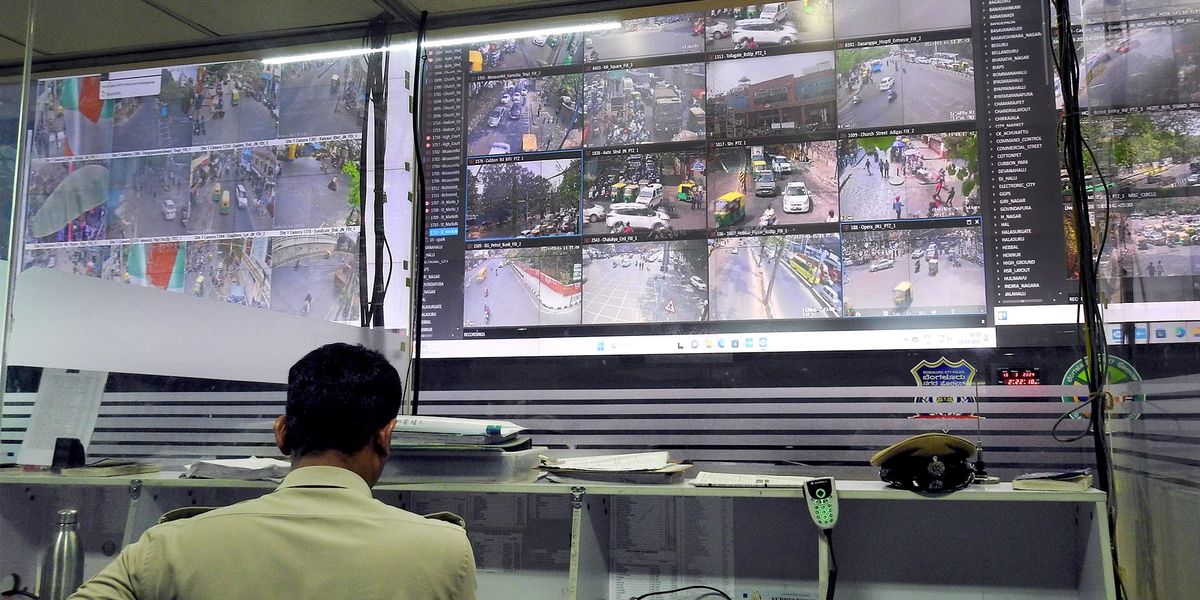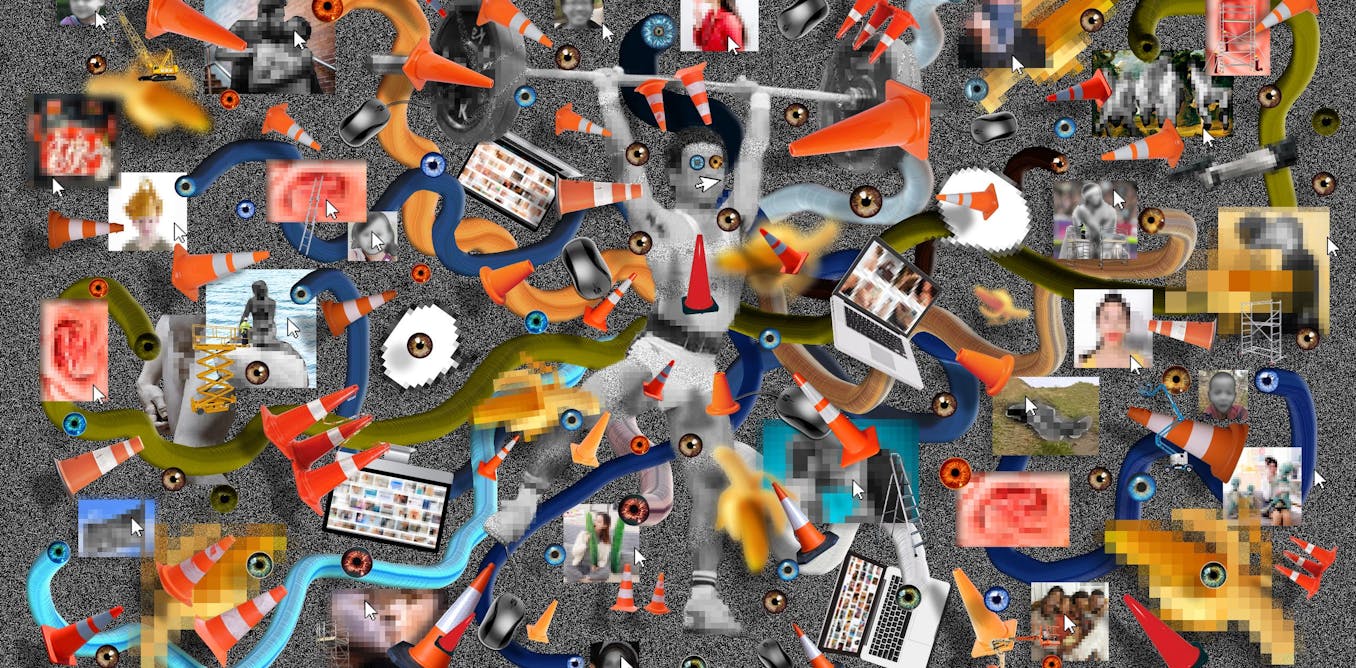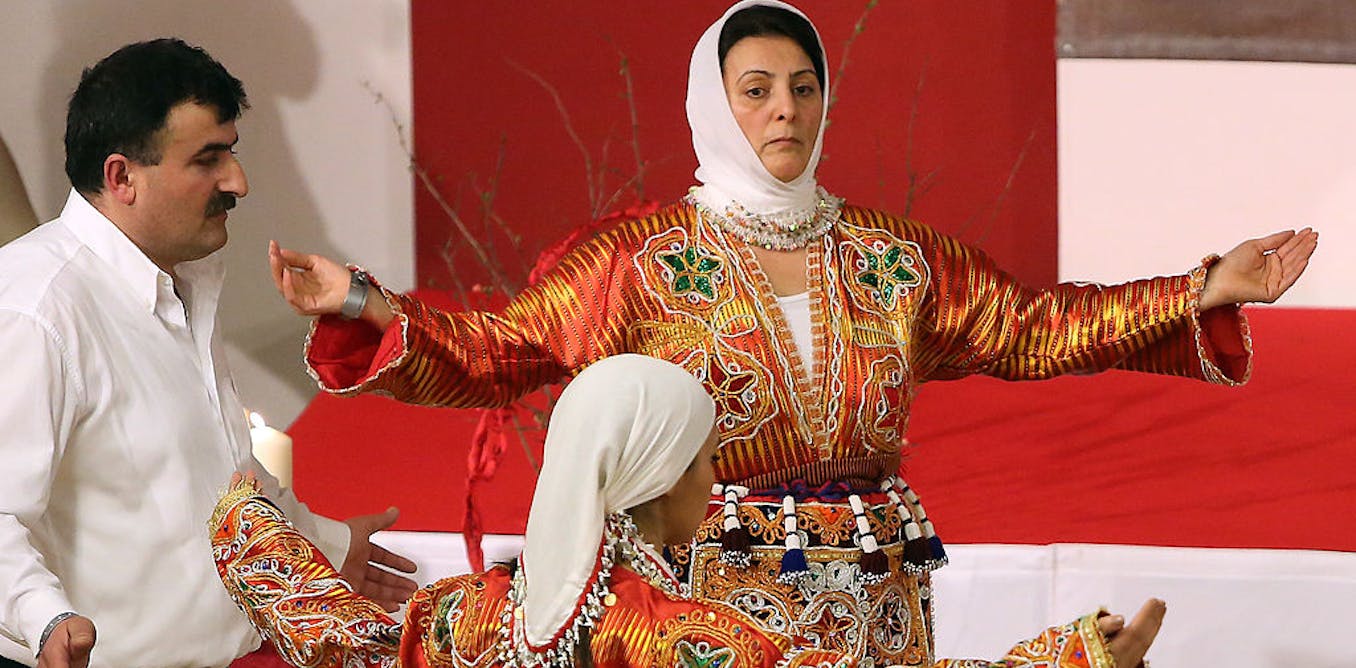In just 30 years, the South Indian city of Bengaluru has gone from a sleepy retirement town to the capital of the country’s burgeoning technology sector. But such rapid development has left it with some of the most congested roads in the world. Now, a former chip engineer has been drafted in to act as the city’s traffic czar, and he’s turning to artificial intelligence to tackle the problem.
Indian streets are disorderly at the best of times. Pedestrians, cyclists, hand-drawn carts, scooters, auto-rickshaws, and a menagerie of ramshackle goods vehicles of varying sizes and speeds all vie for space on roads that are often in poor condition, lacking sidewalks, and largely devoid of signage or markings.
But even in India, Bengaluru is renowned for its traffic problems. The city’s booming IT industry has caused the city’s population to skyrocket from roughly 4 million in 1990 to more than 14 million today. Infrastructure has failed to keep up, with limited road construction and a much-delayed metro rail system that still has only two operational lines despite work on the system beginning in 2007. The city has consistently ranked near the top of the list of the world’s most congested cities compiled each year by Dutch location technology firm TomTom—although it dropped from second place to sixth in 2023.
The last major piece of road building in Bengaluru was an outer ring road built 24 years ago.
“The infrastructure is growing, but it’s just not able to keep pace with the demand,” says joint commissioner of police for traffic, M.N. Anucheth, who grew up in the city and has now been given the unenviable task of getting its roads under control. The scale of that challenge becomes apparent on entering the city’s traffic management center, where a 20-foot high wall of screens provides a round-the-clock live feed of Bengaluru’s chaotic road network.
From Engineer to Top Cop
M.N. Anucheth is the joint commissioner of police for traffic.Edd Gent
At just 40, Anucheth is young for a top cop, but eager to bring fresh ideas to the role. An engineer by training, he had a brief spell working in chip design before joining the police force. And he’s been pushing to make better use of technology—in particular AI—since his appointment in 2022.
“In traffic, there are a lot of tasks which are repetitive and easily reducible to an algorithmic kind of process, which AI is really good at,” Anucheth says. “The whole idea is to infuse our operations with technology and use it as a force multiplier.” That’s something Bengaluru, with 5,600 traffic police who have to keep an eye on more than 10 million vehicles across 13,000 kilometers of road, sorely needs.
The centerpiece of this new strategy is a traffic management system dubbed Actionable Intelligence for Sustainable Traffic Management, or ASTraM. The system, developed by Dutch engineering consultancy Arcadis, was launched in January and features multiple modules designed to help the…
Read full article: AI Takes On India’s Most Congested City

The post “AI Takes On India’s Most Congested City” by Edd Gent was published on 03/21/2024 by spectrum.ieee.org






































